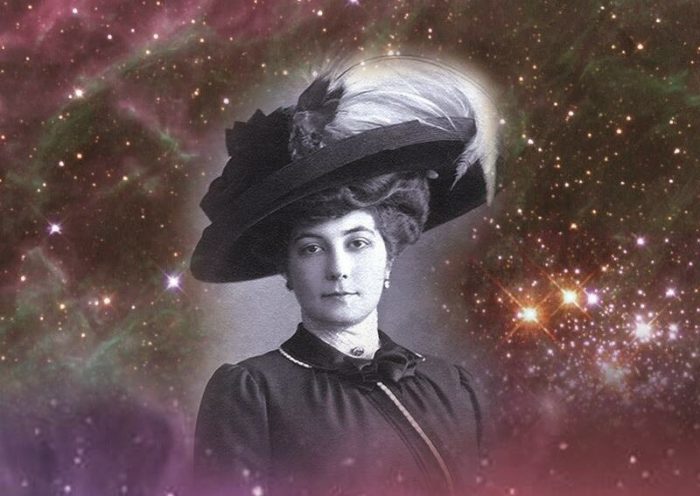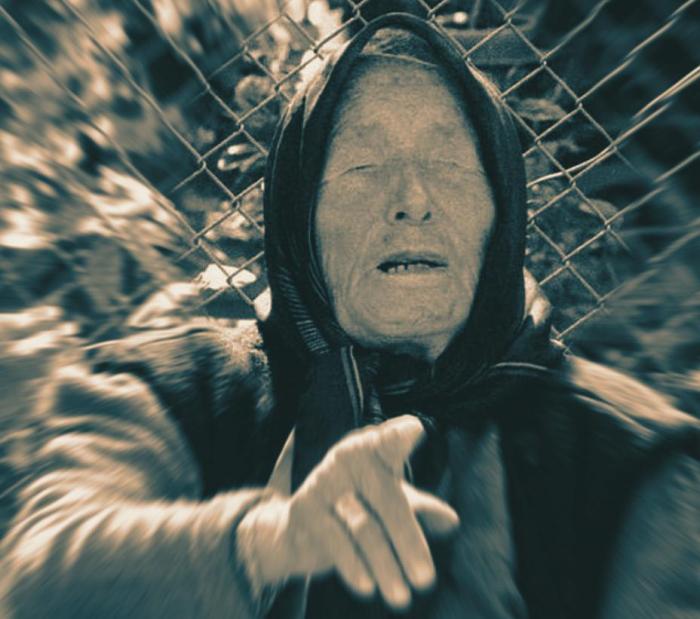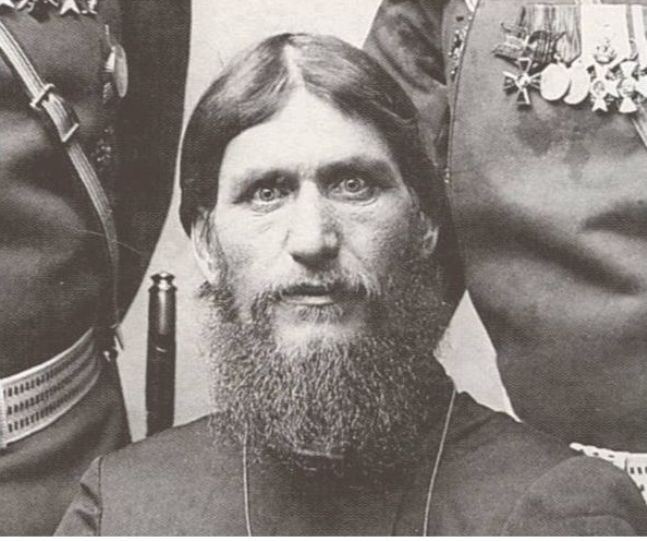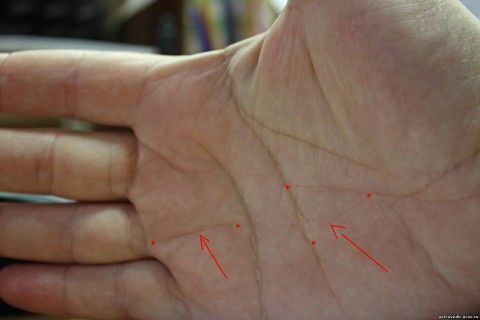Why is there nothing mystical about the fact that prophecies come true. Blame it on the Pygmalion Effect
“Nothing good will come of you!”, negligent and mischievous schoolchildren often hear such a phrase from teachers and their own parents. Teachers and parents make a serious pedagogical mistake, because by their actions they trigger the Pygmalion Effect.
The Pygmalion effect was noticed in the first quarter of the 20th century, but it was described in detail already in the second half of the last century by American psychologists Robert Rosenthal (considered the discoverer), who worked together with Lenore Jacobson. Its essence lies in the fact that prophecies tend to self-fulfilling.
Let us explain – predictions influence others so much that they involuntarily begin to behave in such a way that the predicted will come true. So, having heard from the teacher a prediction about further poor study, many students stop self-training, behave provocatively, and in reality graduate from school with poor marks in the certificate.
Experiments with self-fulfilling “prophecies”
Psychologists Kim Miller and Rebecca Curtis decided to experiment with a self-fulfilling prophecy. For this experience, they chose the natural sympathy that arises between young people of different sexes. They selected a group of college students and divided them into boy-girl pairs, and the pairs had not previously known each other. A randomly selected person in a pair was told at random that the partner liked him, or was informed that the partner spoke badly about him. Then they made an introduction.
The results of the acquaintance almost completely coincided with the expectations of the experimenters. Where one person was told that he was cute, this person behaved more relaxed and friendly, causing real sympathy in the partner, who also began to behave friendly. As a result, mutual sympathy arose, topics close to both partners were discussed at the same time. But if they warned about antipathy, then the relationship in the couple remained constrained, there was practically no friendliness, but several couples developed real mutual antipathy. That is, an unconscious tendency to copy the behavior of a partner in a pair appeared.
An interesting test was conducted by Rosenthal and Jacobson at a school in Southern California. At the beginning of the school year, they tested the students’ IQ. The results were not disclosed to anyone, but teachers were pointed out to 20% of students who allegedly scored high on tests, and now they should be expected to achieve high academic results. At the end of the school year, a new IQ test was conducted, which showed a greater increase in those students whose names were reported to teachers as promising. These same students also had a greater increase in academic grades. According to the experimenters, the information they reported unwittingly forced the teachers to devote more time to certain students, which led to a qualitative increase in the results. This is how the prophecy of good study came true.
It can be noted that the Placebo effect is close to the Pygmalion effect. A person receives from a doctor as a cure for a headache an ordinary lemon candy that does not have any medicinal properties. Nevertheless, the pain passes – “because the doctor said so.” Before us is another self-fulfilling prophecy.
The Israeli army also conducted an experiment related to the Pygmalion effect. Three groups of soldiers with equal physical fitness were told that they needed to make a forced march at different distances – 30, 40 and 60 km. But in fact, the distances of all groups were equal, it’s just that all the soldiers knew how much they needed to overcome, and how many soldiers from other groups. And the fighters believed that all groups have a different distance. The group that was told that it was necessary to overcome 30 km cheerfully came to the finish line first, and the group that “overcame” 60 km barely managed to finish third.





























